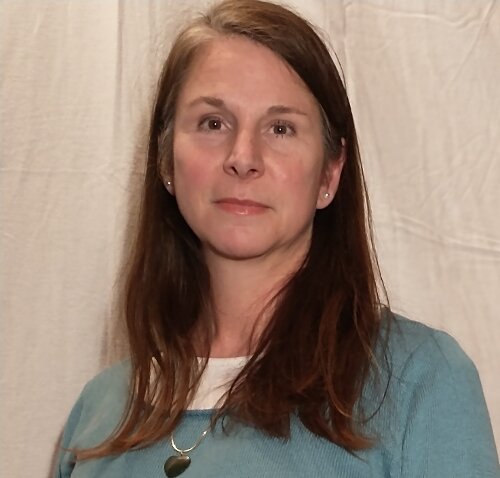Hettler: Convention of States explained
The Convention of States is a national organization working to use Article V of the U.S. Constitution to propose amendments to rein in the federal government. The Convention of States Delaware team has gotten our resolution, Senate Concurrent Resolution 100, proposed in the Delaware legislature, and we are now waiting for the legislators to vote on it.
One of the questions we sometimes hear people ask about an Article V convention is whether it could become a “runaway convention.” This is not a valid concern because the Constitution is a masterpiece of checks and balances, including safeguards in Article V itself.
It takes 38 state legislatures to approve any proposed amendments before they become part of the Constitution. Needing the support of 38 legislatures means that at least twice that number of legislative bodies (the House and Senate in each state) must approve an amendment for it to become law.
While there has never been a Convention of States, there have been at least 38 multistate conventions in our history and not one has ever “run away” from its intended purpose to switch its focus to a different topic.
Also included in Article V is the fact that the scope of the convention is defined in a legal document called the “application.” This sets the boundaries regarding which amendments can be proposed.
Additionally, the delegates are under the authority and oversight of their state legislatures, which issue written instructions to them.
Professor Robert Natelson, a renowned constitutional scholar who wrote a book titled, “The Law of Article V: State Initiation of Constitutional Amendments,” said, “There are far more checks on a runaway convention than on a runaway Congress” — which is what we have now.
Dr. Tanya Hettler
Director, Center for Education Excellence, Caesar Rodney Institute
Volunteer, Convention of States
Reader reactions, pro or con, are welcomed at civiltalk@iniusa.org.






